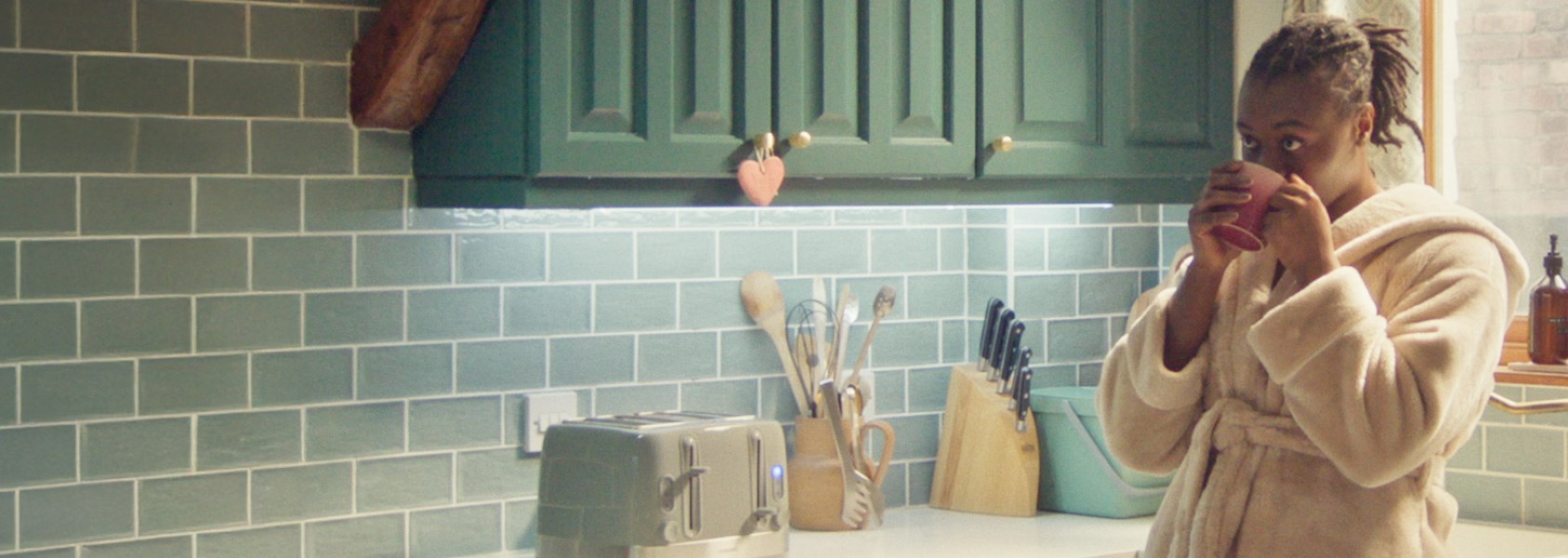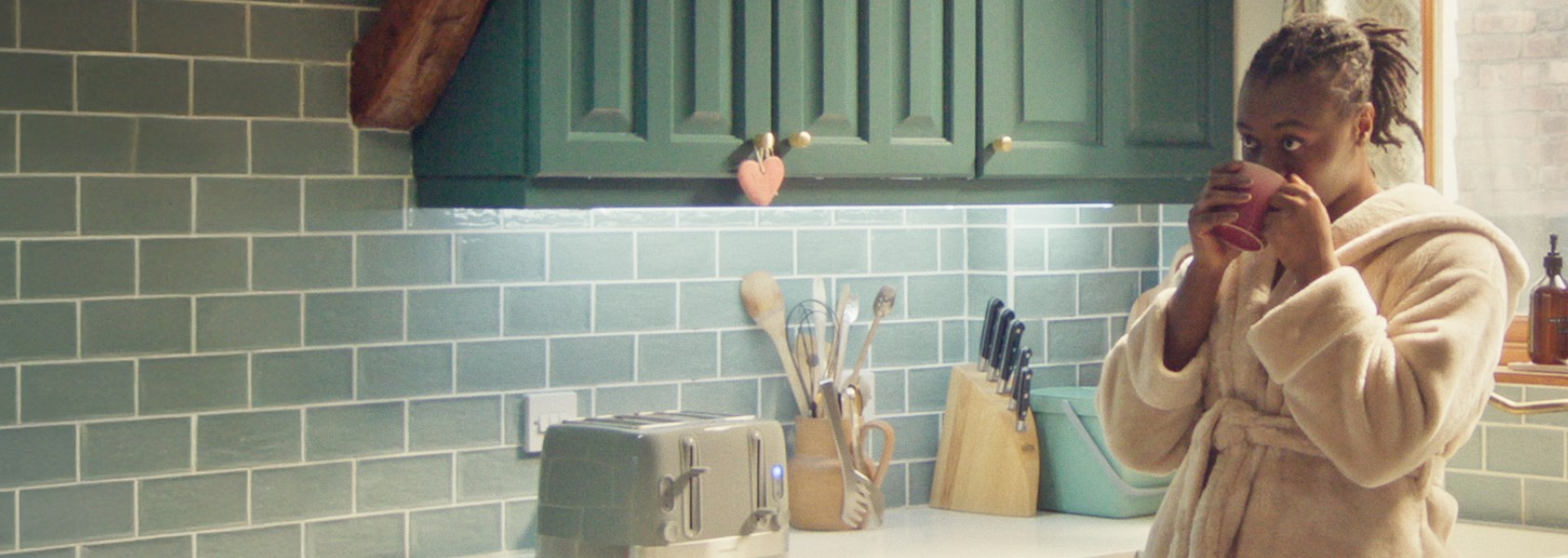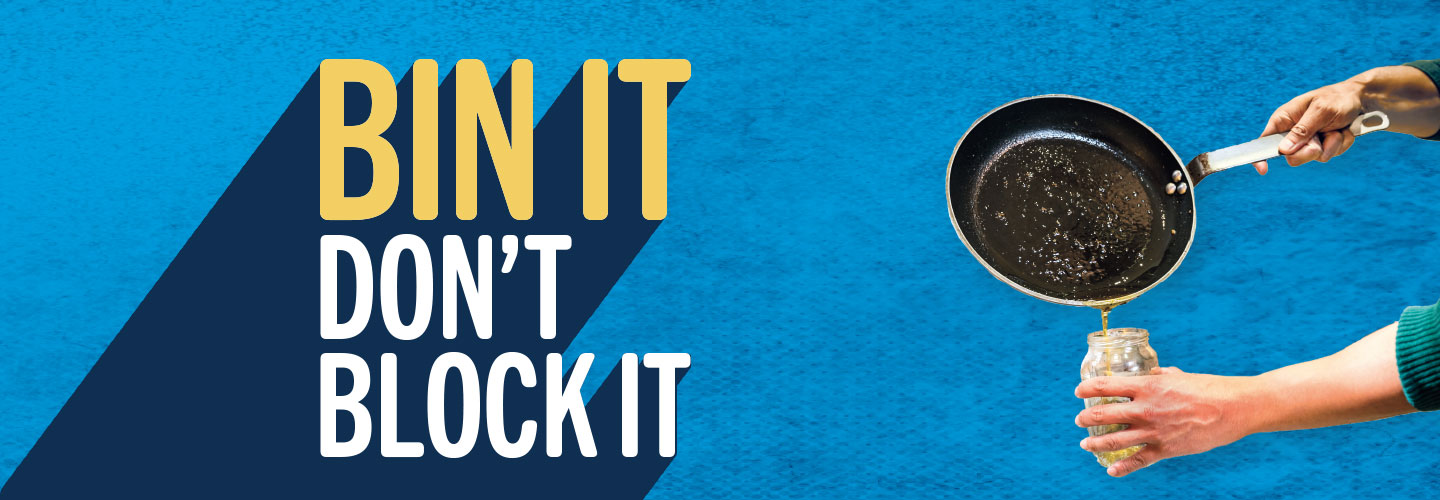Working together to prevent blockages
You wouldn’t put your socks in the dishwasher… so why put the wrong things down the drain? Putting things where they shouldn’t go will always cause problems, especially when it comes to your toilets.
Flushing away wet wipes, period products or cotton pads can clog pipes, block sewers and cause flooding in your home.
Don't let blockages build up
Protect your pipes from costly blockages by knowing what you can and can't put down your toilets and sinks. It’s as simple as 1, 2, 3…
1. Only flush the three Ps
That’s pee, poo and (toilet) paper. Anything else can block your pipes. Wet wipes, period products, nappies, cotton wool, dental floss, condoms and hair all belong in the bin.
2. Put fats, oils and grease in the bin
And bin your food leftovers too. Hot water and washing up liquid won’t stop scraps building up in your pipes. Just remember to let anything hot cool down before you throw it away.
3. Get rid of hazardous waste safely
Take any chemicals, solvents, engine oil and paint to your local refuse or recycling site. Medicines, syringes and needles should go to your pharmacist, hospital or health authority.


Behind the blockages
When unflushable items go down the drain, hidden blockages build up in our sewers. This can force raw sewage back up plugholes and toilets into homes.
- Blockages cause over60%of all sewer floods
- Every year, we clear75,000blockages
- On average, this costs£40 milliona year
Did you know?
Even if you block a pipe in your home by mistake, it’s legally your responsibility to fix it. Calling out a plumber to fix it could cost you more than £200.
There’s no such thing as ‘flushable’ wipes! That’s because they still contain plastic, which takes hundreds of years to break down properly.
If you're planning a trip to the tip, ask your local council if they collect used cooking oil. Many waste recycling centres can turn it into green biofuels.
Keep life flowing
You can avoid costly blockages and sewer flooding in your home just by being careful about what goes down your drains. A few small changes can keep your drains clear and your home happy.
